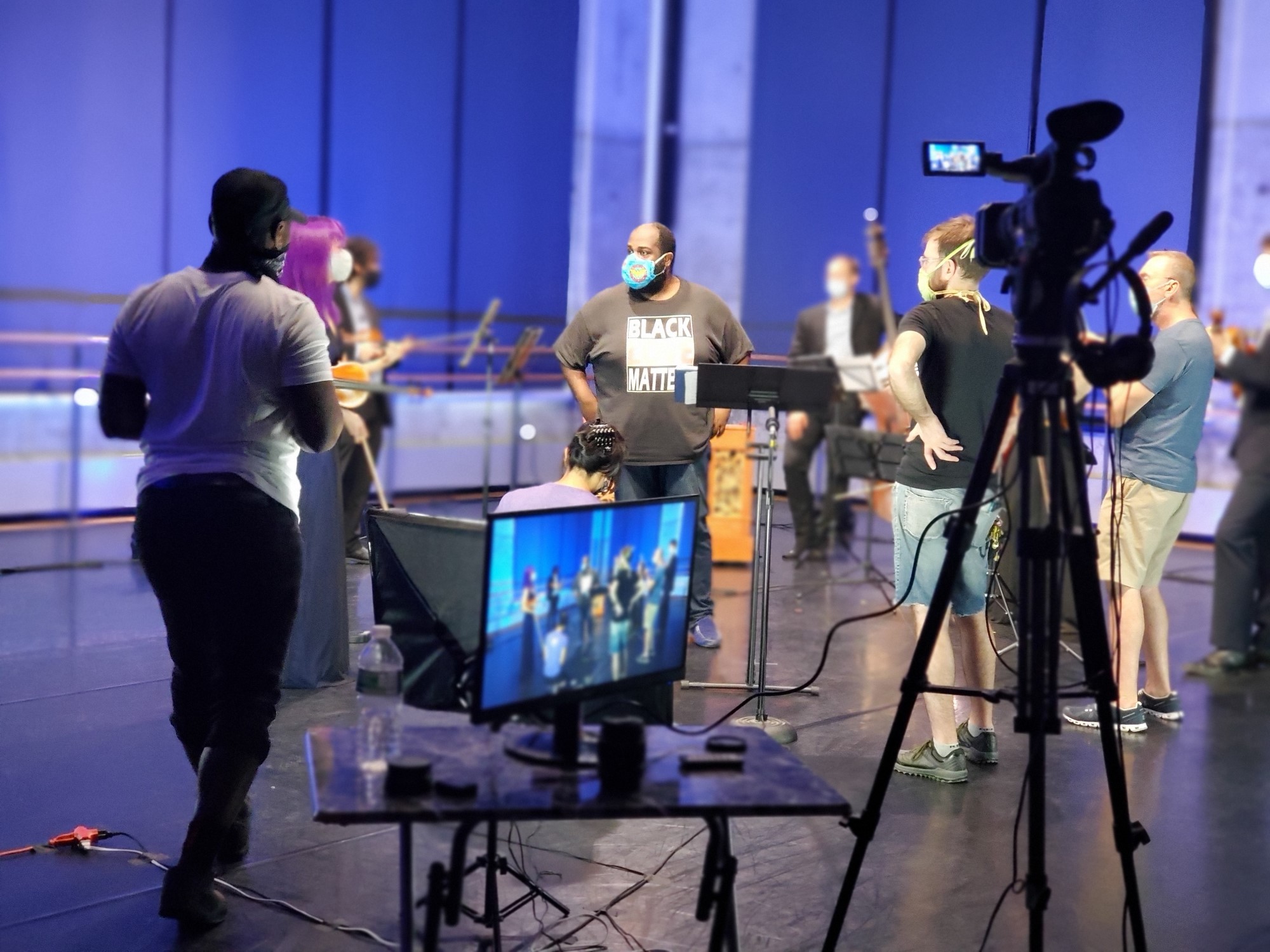Program Notes: Coming Together

NOTES ON THE PROGRAM
by Michael Unterman
Frederic Rzewski (pron. JEV-skee) (b. 1938): Coming Together
“I think the combination of age and the greater coming together is responsible for the speed of the passing time. It’s six months now and I can tell you truthfully few periods in my life have passed so quickly. I am in excellent physical and emotional health. There are doubtless subtle surprises ahead, but I feel secure and ready. As lovers will contrast their emotions in times of crisis, so am I dealing with my environment. In the indifferent brutality, incessant noise, the experimental chemistry of food, the ravings of lost hysterical men, I can act with clarity and meaning. I am deliberate – sometimes even calculating – seldom employing histrionics except as a test of the reactions of others. I read much, exercise, talk to guards and inmates, feeling for the inevitable direction of my life.”
This is the text set by Frederic Rzewski in his piece Coming Together, taken from a letter written by Sam Melville, one of the leaders of the riot at Attica Prison in 1971. Over 1000 inmates took part in the uprising, spurred by the prison’s inhumane living conditions; they took 42 staff hostage and released a list of 28 demands that included improvements to health care, sanitation, and food, and an end to beatings. When negotiations broke down over the question of amnesty for the prisoners who took part in the riot, state police were sent in and the ensuing chaos left 43 dead, including Melville.
In his piece, Rzewski sets up a structure for the performers that is at once rigid and confining, but that also allows room for individual choices and personal expression. All the performers read from the same 16th-note bass line, executed in full by a single player, often on electric bass or piano. The rest of the ensemble play their parts as determined by a shifting set of rules that change section by section, either specifying specific notes for the ensemble players to strike or allowing them to construct melodies comprised of notes played simultaneously with the bass line.
Almost 50 years later, the piece’s message still feels timely, calling to mind Rzewski’s other work dedicated to this tragic event, simply titled Attica, which sets the following text:
“A few months after the Attica uprising, another prisoner, Richard X. Clark, was set free. In the car that was taking him to Buffalo, a reporter from the New York Times asked him as they left how it felt to leave Attica behind him. He said: ‘Attica is in front of me.’”
Florence Price (1887–1953): Songs
Florence Price’s songs, in the context of this program, are a welcome release from the tension of the Rzewski. Price, a Black American composer, has received much-belated and -deserved attention in recent years after being largely forgotten for decades, an oversight undoubtedly due in large part to the fact that she does not fit the racial and gender norms of the traditional mainstream of classical composers.
Her orchestral and instrumental chamber works have drawn the most present-day attention, but her songs and vocal music are gems without exception: sensitively set, impactful, and displaying a razor-sharp wit. This concert’s set of four songs begins with “Bewilderment,” a setting of a text by Langston Hughes, that captures a feeling of deep disillusionment that grows progressively in intensity. Next are three settings of Black spirituals: the confident “My Soul’s Been Anchored In the Lord” (written for the contralto Marian Anderson), the comforting consolation of “Rise Mourner,” and the gentle, joyful “I’m Goin’ To Lay Down My Heavy Load.” Far from being straightforward adaptations, Price’s arrangements of these songs are full of deft touches and enriched harmonies. For this concert, these songs have been beautifully transcribed and arranged for alto and strings by two members of Quodlibet: Alex Fortes and George Meyer.
J.S. Bach (1685-1750): Cantata 54
Rounding out this program, Bach’s Cantata No. 54 acts as a call to action, with a text that urges its listeners to choose the path of righteousness. Its message recalls Matthew 7:13-14: “Enter through the narrow gate. For wide is the gate and broad is the road that leads to destruction, and many enter through it. But small is the gate and narrow the road that leads to life, and only a few find it.”
Written for the Weimar court somewhere between 1711 and 1714, the work is Bach’s earliest known solo cantata, comprising two arias and an intervening recitative, all for alto voice. The first aria begins with a shock: a bracing tonic chord with a major 7th stacked on top, a tooth-rattling semitone away from a full octave, effectively grabbing the listener by the lapels. Throughout this first movement, the juxtaposition of virtue and sin is symbolized by a split in the ensemble, the continuo and violas holding steady staccato eighth-notes, pitted against the violins and alto soloist whose lines are much sweeter and sinuous, occasionally enticing the violas to join their camp as well.
The explicit biblical reference in the cantata is to 1 John 3:8 “He that committeth sin is of the devil; for the devil sinneth from the beginning” which is the opening text of the second aria. Bach, here, is firmly in his contrapuntal wheelhouse, weaving strands of a theme that begins as a classic lamento gesture, the descending chromatic tetrachord found in Dido’s “When I am laid in earth,” among many others, but it’s interrupted before it reaches its end, instead spinning off into torrents of melismatic 16th notes. This might represent the escape from the sinful path, as the arias text goes on to say: “if one is able, with virtuous devotion, to withstand [sin’s] contemptible bonds, it is already done away with.”